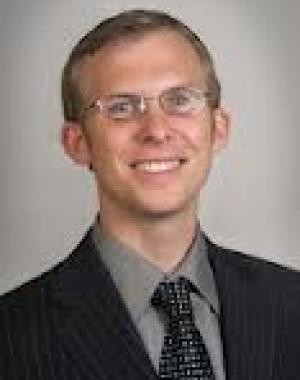We can take for granted the fact that the Catholic Church runs a large number of schools throughout the world. It is clear that the Church must offer religious education, but why does the Church teach math, gym class, science, literature, and history? Wouldn’t it just be easier if the Church focused more narrowly on the supernatural; why also teach about the material world and how to read and write? In the Great Commission, Jesus commanded his apostles to make disciples, (mathetes in Greek and discipli in Latin – both words for students) and to teach them (Mt 28:19-20). Jesus, the Word of God, by whom the universe was made, established a Church that from the beginning embraced instruction on the nature of reality as a whole.
The Liberal Arts and a Catholic Worldview
The Church embraced the liberal arts in order to help its members, especially religious, to understand and contemplate the Word of God, as well as to speak and write effectively to share this knowledge. From the teaching of the seven liberal arts at the cathedral and monasteries schools, the universities formed to teach philosophy and three terminal degrees in theology, law, and medicine. The Church’s mission of salvation grew to include the complete formation of the person, uniting faith and reason in the common mission of seeking how to live in the world and order all things to the glory of God.
Catholic education, drawing upon both the natural and supernatural, offers a complete vision of life: a Catholic worldview. Worldview, in a simple sense, describes the way in which we see reality and form our students to understand it and live within it. Teaching with a robust Catholic vision embraces the entire person: body, emotions, mind, and will. The human person, as a sacramental being (body-soul unity), requires development of its potential in all of its dimensions: strength and health of body; control of the emotions in accord with the good; conformity of the mind to reality and development of the mental habits that enable one to understand and express oneself clearly; the development of the virtues of will that lead to happiness; and the encounter with the living God that enlivens our soul and enables a life of holiness.
The Catholic school cannot simply offer the same instruction as a public education, with religious education and the Mass superadded onto the curriculum. Every subject must be taught in a distinctive fashion that reflects the unity of knowledge, having a common source in God—his creation and revelation—and ordered in a wisdom that communicates the ultimate purpose of all things. A Catholic school approaches every subject through the two wings of faith and reason, knowing that every truth conforms our minds to the mind of God. Simone Weil claims that every truth “is the image of something precious. Being a little fragment of particular truth, it is a pure image of the unique, eternal and living Truth which once in a human voice declared ‘I am the Truth.’ Every school exercise thought of in this way, is like a sacrament.”[1]
The rest of this online article is available for current Guild members.
This article is from The Catechetical Review (Online Edition ISSN 2379-6324) and may be copied for catechetical purposes only. It may not be reprinted in another published work without the permission of The Catechetical Review by contacting [email protected]


















